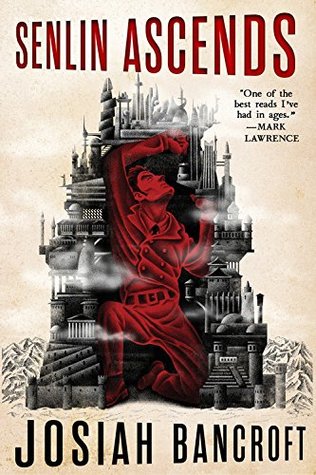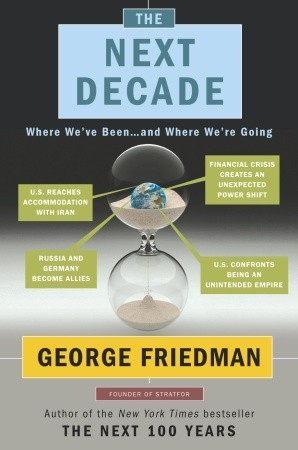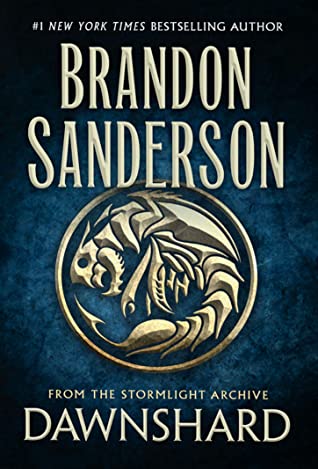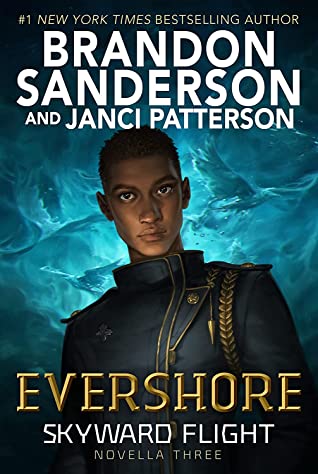The playground war (part 2)

Decency makes us abstain from doing something that we could do, we might be inclined to do, but we shouldn't do. It's living according to some general principles that are intimately connected to our own identity. And when someone else is indecent, we try to steer them towards the "right path", for our own sake as well as theirs. This is what I was raised to think. Today, though, decency is more and more proclaimed for actively opposing things that are declared indecent and nothing else. It's the glee that gives it away, that twisted joy of destroying somebody else after having being given permission to do so. You see it in old photos, where decent town folk were happily and communally lynching some poor soul. After half a century the world is finally becoming a global village, but not because of the free sharing of information, as the creators of the Internet naively believed, but because of social media and 24 hour news cycles. And we are behaving like villagers in tiny isolated bigoted villages.
South Park is a comedy animated show that has a similar premise: a small U.S. town as a mirror for the world at large. And while 25 years ago that was a funny idea, now it feels weirdly prescient. The latest episode of the show depicts the vilifying of some local residents of Russian descent because of the Ukraine conflict as a symptom of nostalgia towards the Cold War era. Then too, people were feeling mighty good about themselves as they were fighting the Ruskies, the Commies, the Hippies, or anything that was threatening democracy and the American way of life.
This is not an American affliction as it is human nature. Witch hunts, lynching, playing games with the heads of your enemies, sacrificing virgins, they all have the same thing in common: that feeling that you have social permission to hurt others and that if they are bad, that makes you good. But acting good is what makes you good, not merely destroying evil. When Stalin was fighting Hitler no one said what a nice decent guy Stalin was. Yet now this mob mentality has been exported, globalized, strengthened by the sheer number of people that now participate. It's not easy to mention decency when thousands of people may turn on you for defending their sworn enemy. This "either with us or against us" feeling is also old and symmetrically evil, because usually all sides harbor it towards the others.
I have started this post two times before deleting everything and starting again. At first I was continuing the story of the playground war, South Park style, where the town people refuse service to the family of the bully, start giving the victim crotch protectors and helmets at first, then baseball bats and pocket knives, slowly delimiting themselves from that family and ostracizing it as "other", even while the two kids continue to go to school and the bullying continues. But it was the glee that gave it away. I was feeling smart pointing out the mistakes of others. Then I tried again, explaining how Putin is wrong, but that's not the fault of the entire Russian people, most of them already living in poverty and now suffering even more while the rich are merely inconvenienced. I also shed doubt on the principledness of vilifying Russia when we seem to do no such thing to Israel, for example. And then I felt fear! What if this is construed to be antisemitic or pro Putin? What if I want to get hired one day and corporate will use the post as proof that I am a terrible human being? Because some nations can be vilified, some must be, but other should never ever be. And I may be a terrible human being, as well.
Isn't stifling free expression for the sake of democracy just as silly as invading a country for the sake of peace?
Regardless of how I feel about it, I am inside the game already. I am not innocent, but corrupted by these ways of positioning and feeling and doing things. I am tempted to gleefully attack or to fearfully stay quiet even when I disagree. So take it with a grain of salt as I am making this plea for decency. The old kind, where acting badly against bad people is still bad and acting good and principled is necessary for the good of all.
Only you can give yourself permission to do something, by the way.












